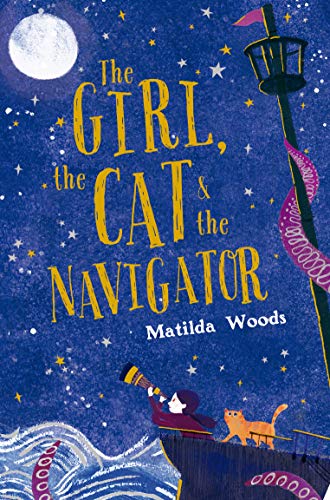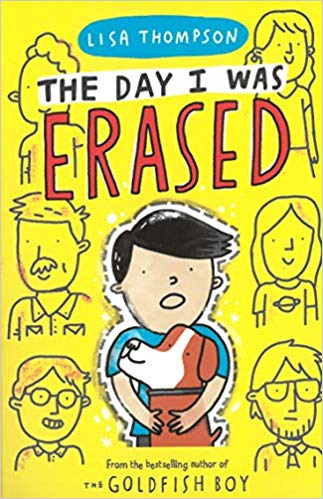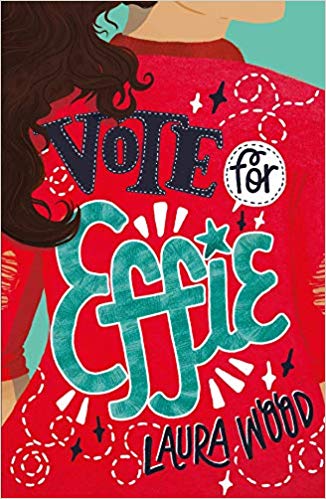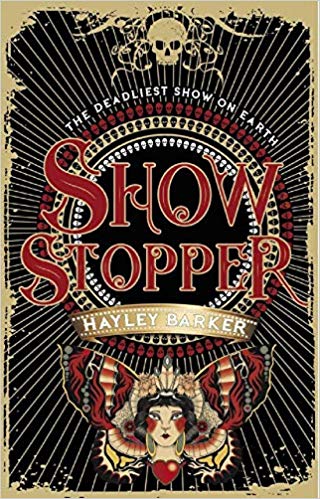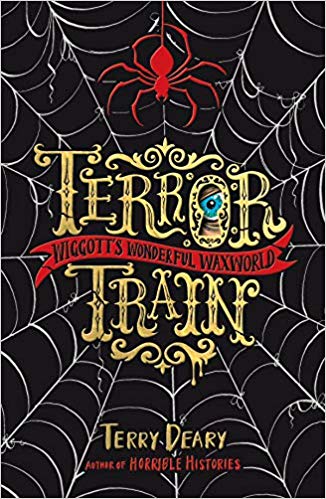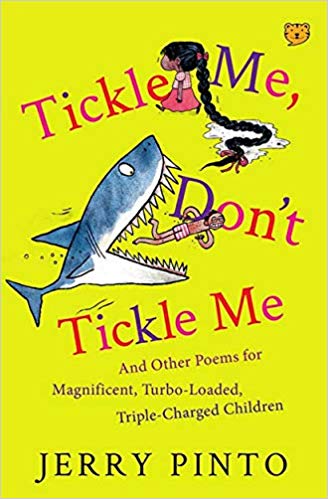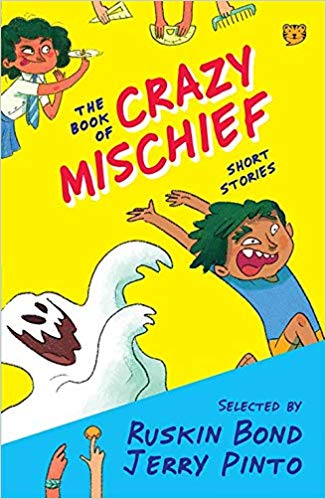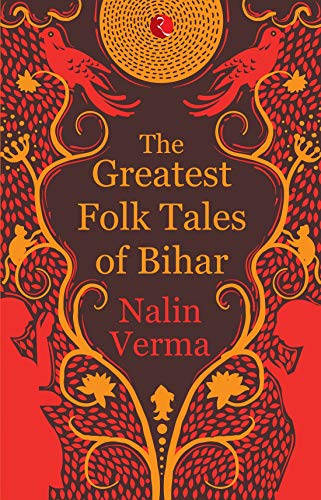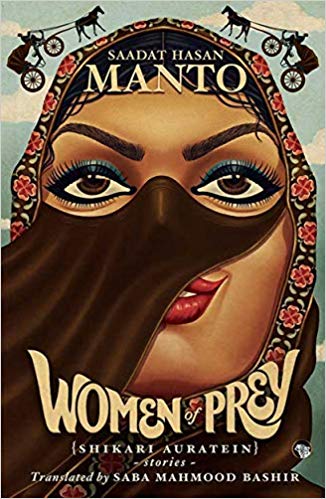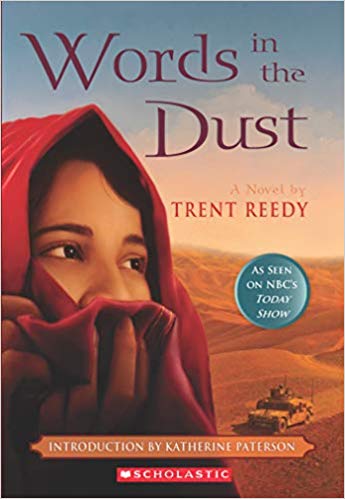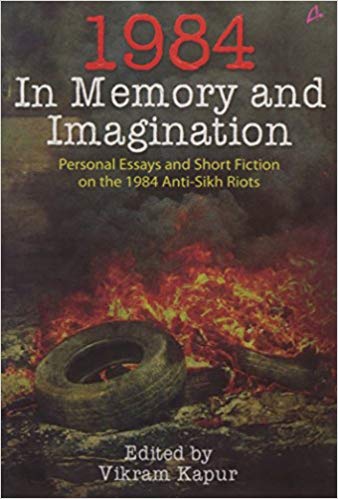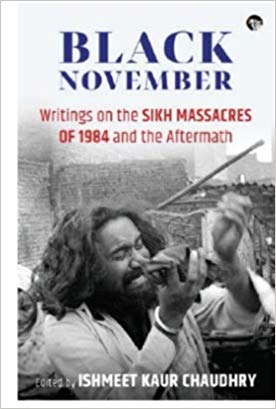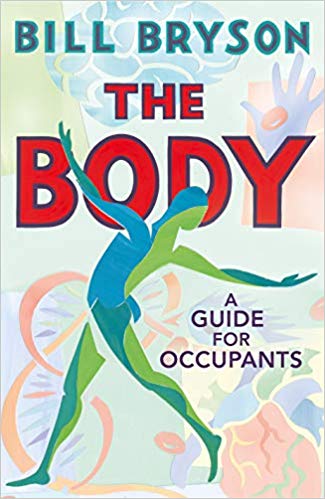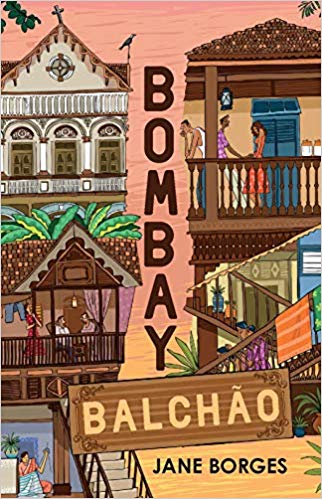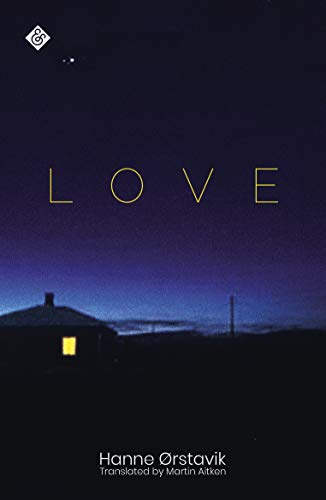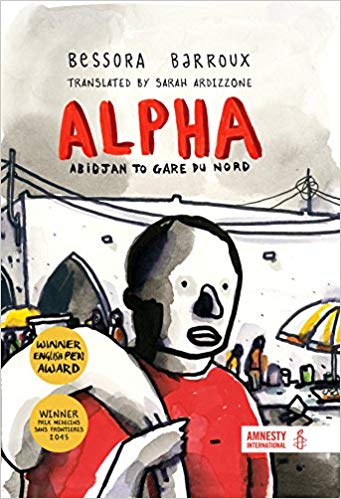“Love” by by Hanne Ørstavik and translated by Martin Aitken
The publisher, Stefan Tobler, very kindly sent a reading copy of the award-winning Love that I read in one fell swoop. I could not put it down. It is set in the space of one night when a mother comes home tired after work and her nine-year-old son cannot help but wonder how his mother intends on celebrating his birthday the day after. Instead curiously enough mother and son wander away from their home and end up drifting through the night separately with their own adventures to tell. Here are edited excerpts of my letter to Stefan Tobler written in a dreamlike state upon finishing the novella. Read on.
Dear Stefan,
Thank you for sharing the extraordinarily novella, Love. I read it in one fell swoop. Love was impossible to put down. There is something so remarkably restrained about Hanne Ørstavik’s writing. It defies imagination that the love between a single mother and her soon-to-be nine year old son can be so complicated but it is just that, isn’t it — complicated? Hanne gets into the mind spaces of the two characters in a way that is extraordinary for whatever they are thinking about — the mother about finding love and companionship with another man and the son weaving a simple dream about a birthday cake. Hanne captures their dreams so well. Their inner thoughts. A small detail shared at the beginning of the story is that the mother is preparing a meal for her son. She is caring. Yet one cannot help wonder after the story is over “is she?” More so how can a mother, however tired she is, forget to check in upon her son and tuck him into bed? If she had then the story would not have progressed in the manner that it did. And then the reader is immediately forced to correct the harsh judgment of the mother’s character for it is uncalled for. The mother too is entitled to her me-time. As for the boy, he does have quite an adventure. It is like a small adventure tale for children as found in classic children’s literature tucked into a grown-up tale. So while the story about the child is being told it is like a good old-fashioned story with details about his dreams; it is so expertly told that it shakes the reader when the passages about his mother are slipped in. I do not know even know when the merging of the two adventures begins in the text. It is so smoooooooooooth! What I found incredible was how the arrangement of the text echoes real feelings of a mother and child. There is an interweaving of text while layering the emotions. After a while the two narratives merge into one not necessarily as a literary technique but the effortless merging of the two experiences in the same time but different places is quite extraordinary. Perhaps it is a feat of the fabulous translation by Martin Aitken. He is able to make it an easy read that at times in the destination language. At times one forgets that this is a translation that is being read and not an original work in English. If there are any interviews with him regarding the translation or any between the writer and translator, please let me know. I have not come across as any with specific reference to Love. I only found readings that they did together at NBA finals. What I would be curious to know is if Martin Aitken’s experience as Karl Knausgaard’s translator have had any bearing upon his translation of such a feminine novel. It is that particular intersection as a translator and deliverer of a writer’s fiction that I would be truly interested in knowing about? Also does gender really matter in the manner of writing and how does a translator make these nuances available or does he just focus on the task at hand? Ultimately the translator has to be given much credit too for creating such an extraordinary translation…and for me that is simply defined by the readability factor combined with the retaining all the particular cultural details that exist in the original text. I did find his Asymptote interview which is brilliant but does not answer any of the questions I have. I would like to hear/read a conversation between the writer and translator. I truly think it is needed. There are so many intersections that can emerge from this conversation apart from the 2-decade gap between the publication of the original story and the translation. More so when Indian literary prizes that recognise translations have a cap on the year of original publication and the translation into English. Originally one of the literary prize managements had insisted upon it being not more than three years since the original publication in a regional language. But under advice from publishers this year the rule had been extended to seven years but in all likelihood it would soon revert to three years as no one in the management could understand why translations took so long! To my mind the observation was so wrong as it was a) naive b) it was symptomatic of the neural translation age and the awkward machine translations available in real time and ultimately c) what would the organising committee have to say about books similar to Love that were published in India after a very long gap from the original publication?
Thank you for sharing such a beauty, Stefan!
Warmly,
JAYA

